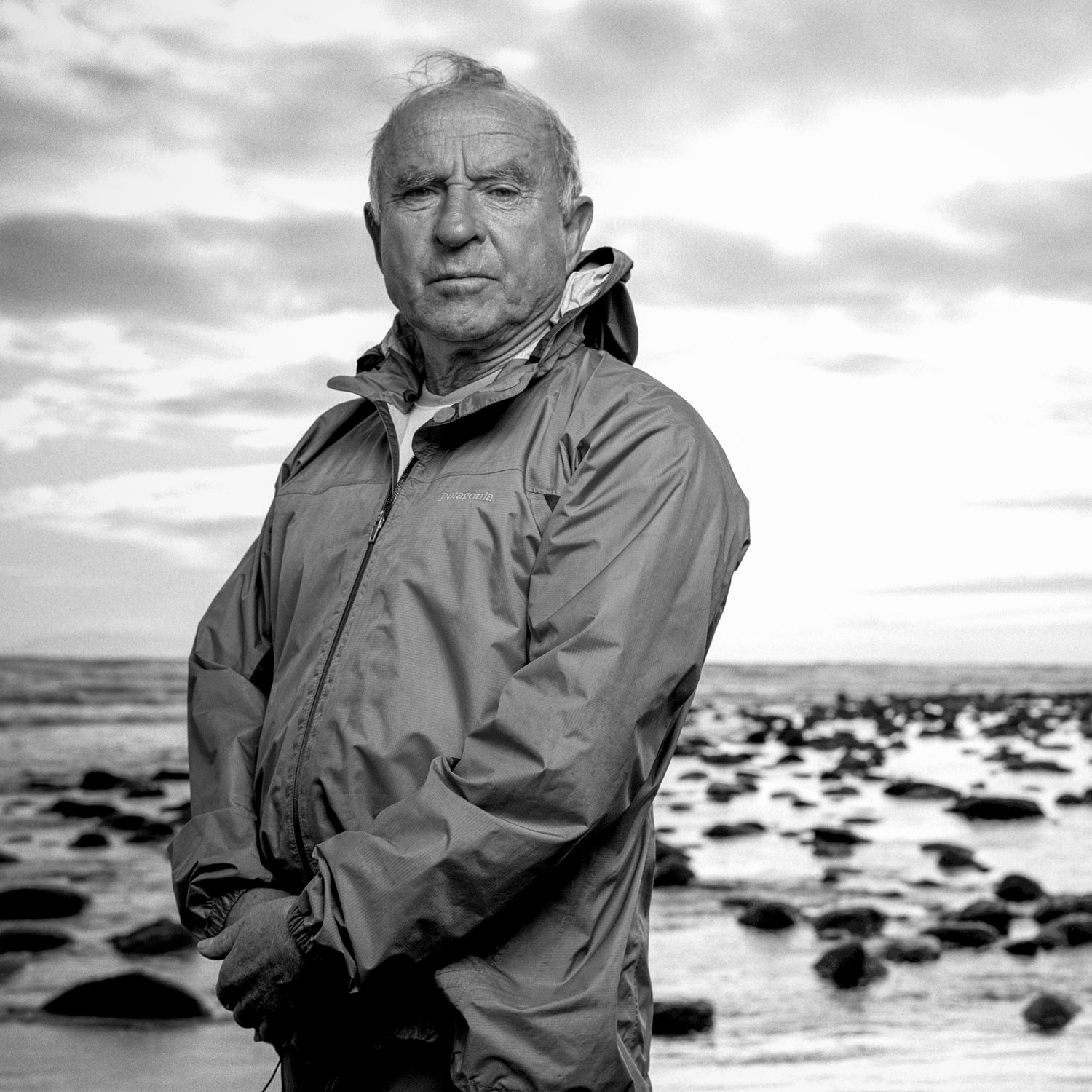On Friday, Utah Representative Rob Bishop r to Patagonia founder Yvon Chouinard, inviting him to testify before the House Natural Resources Committee, which Bishop chairs. “There is much public interest in this matter,” Bishop wrote in the letter. “It is apparent through multiple media accounts and appearances that you have strong feelings on the topic as well.”
It’s the latest salvo in an escalating quarrel over public lands, particularly Bears Ears and Grand Staircase-Escalante national monuments.
It started last February, when Patagonia led a movement to relocate the $45 million Outdoor Retailer tradeshow out of Salt Lake City due to the anti-public land stance of its politicians, including Bishop. Then, on December 4, President Trump flew to Salt Lake City and drastically reduced the size of the two monuments. Just before the announcement, Chouinard gave a CNN interview, “This government is evil and I’m not going to sit back and let evil win.” He added bluntly that he planned to sue the Trump administration if they shrank the monuments. (The company has since on the threat, as have tribal and environmental organizations.)
Shortly after Trump axed the monuments, Patagonia replaced its homepage with a stark black background and white words: “The President Stole Your Land.” At the end of the week, Bishop’s team sent a tweet from the House Committee’s official handle that read: “Patagonia Is Lying To You.” The words were white on a black background, clearly mimicking Patagonia’s statement. That same day, Bishop’s committee with the subject line: “Patagonia: don’t buy it.” (It’s not clear if the content of the tweet and newsletter constituted a violation of any house rules, though the former director of the U.S. Office of Government Ethics .)
Then came Bishop’s dryly-worded invitation to testify. Patagonia spokesperson Corley Kenna told ���ϳԹ��� that the company had yet to receive the official letter and would review the request when they were able, but noted the company’s office is currently evacuated due to the wildfires raging in California.
Despite Bishop’s language pointing toward having a dialogue, he’s clearly luring Chouinard and the company into what amounts to a showdown. Chouinard should embrace that.
The testimony may not necessarily be civil. Bishop, Secretary of Interior Ryan Zinke, and other GOP members have called Patagonia a special interest. They’ve accused the company of using the anger over the public lands debate to sell pullovers. The Department of Interior even started a hashtag to belittle Patagonia: #MadeinChina. So, sure, Chouinard would likely take a couple punches if he were to testify. That’s OK. This is what he, Patagonia, and many others in the industry have been angling for.
Despite the reputed power of the industry—the billions it pumps into the economy, the hundreds of thousands of jobs it creates—it has yet to yield many political wins. The opportunity to clearly and convincingly state the case for public lands is a good chance to change that. The Republicans want to call Chouinard a special interest? Tell them he’s especially interested in protecting lands that belong to the American people. Bishop asks him why Patagonia’s been so aggressive with their messaging? Say it’s because no one seemed to listen to the 396,000 people who gave public comment about the national monuments.
Playing the politics game—fancy lobbying groups, creating a Super PAC, donating thousands of dollars to politicians or flying them to high-priced retreats—may well be in the industry’s future. But if they want to gain ground in a turf war, the first step is going to the other person’s turf.


